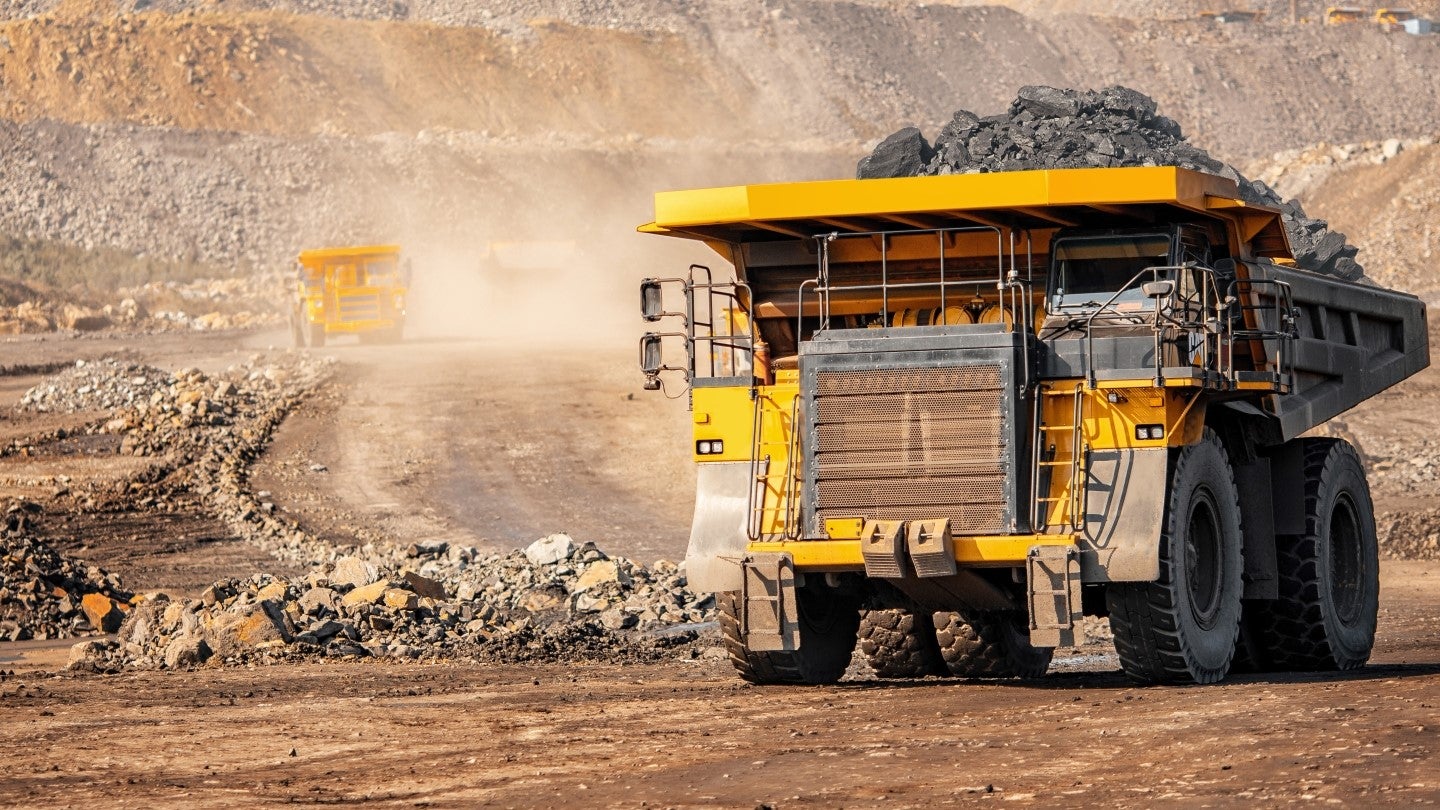
The Australian Government has updated the list of critical minerals considered essential for the country’s energy and defence requirements.
Minerals such as fluorine, molybdenum, arsenic, selenium and tellurium have now been added to the critical minerals list.
Helium, which was added to the list earlier, has now been removed to align more closely with the list of Australia’s international strategic partners.
The updated list will help to scope the creation of Strategic Critical Minerals Hubs across the country.
These minerals are considered essential for energy transition and are also essential in defence and technology.
The government also unveiled the new Strategic Materials List for minerals, which are necessary for the energy transition and have stable supply chains.
These minerals, including aluminium, copper, nickel, phosphorous, tin and zinc, are supported by well-established industries, have better market depth and offer more price transparency.
Furthermore, the federal government, along with the state and territorial governments, can identify those critical minerals infrastructure precincts producing commodities that could be subject to supply chain disruptions, and support them.
Minister for Resources and Northern Australia Madeleine King said: “The updated Critical Minerals List and the new list of Strategic Materials will help government focus on those commodities needed to create jobs, keep us secure and power our economy.
“These minerals are critical to the greening of our economy and the defence of Australia and our allies. The Critical Minerals List and Strategic Materials List will be updated on an as-needed basis, as economic and geostrategic dynamics evolve.”
In October this year, the Australian Government announced that it will invest a further A$2bn ($1.3bn) in critical minerals to enable the net-zero transition.
With this announcement, the government’s investment in Critical Minerals Facility has increased to A$6bn.
Managed by Export Finance Australia, the Critical Minerals Facility will support mining projects that are aligned with country’s Critical Minerals Strategy 2023–2030.







